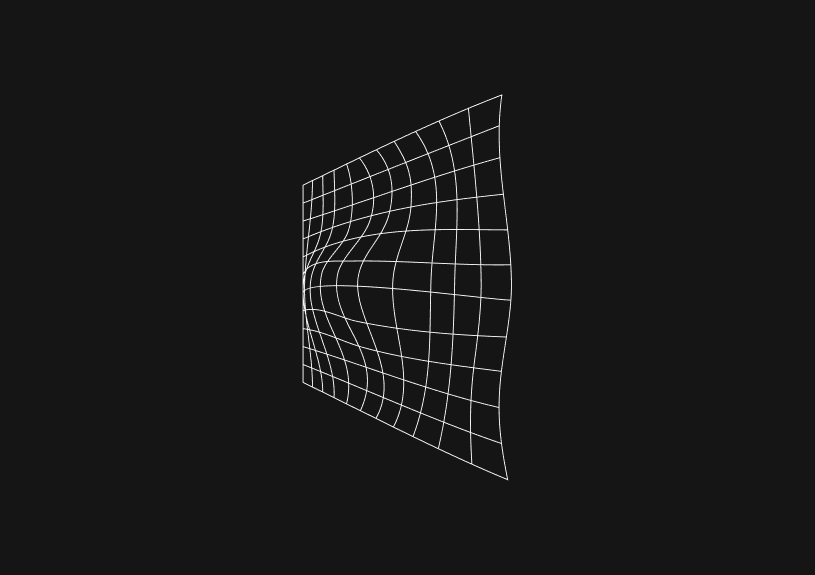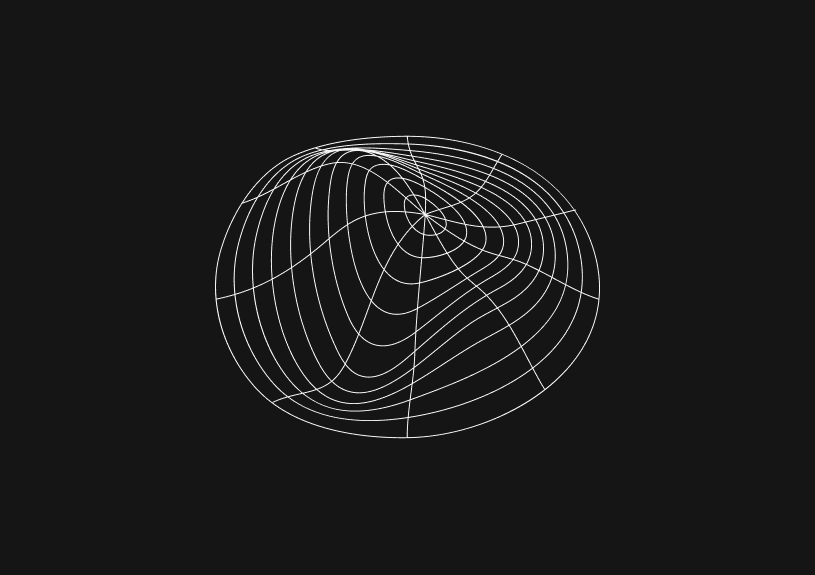
Efficiently Storing and Retrieving Large Binary Data with MySQL BLOB
February 12, 2024
Storing and retrieving BLOB data (Binary Large Objects) in MySQL caters to applications that manage large binary data like images, audio, or video files. MySQL's BLOB columns accommodate varying amounts of data up to 4 GB, offering four types: TINYBLOB, BLOB, MEDIUMBLOB, and LONGBLOB, each with different storage capacities.
What is the BLOB data type in MySQL?
The BLOB data type stores binary large objects, with four variations differing in size:
TINYBLOB: Holds up to 255 bytesBLOB: Holds up to 65,535 bytes (64 KB)MEDIUMBLOB: Holds up to 16,777,215 bytes (16 MB)LONGBLOB: Holds up to 4,294,967,295 bytes (4 GB)
Select the BLOB type based on the maximum size of data you anticipate storing.
Storing BLOB data
Create a table with a BLOB column to store BLOB data, such as images:
CREATE TABLE images ( id INT AUTO_INCREMENT PRIMARY KEY, image BLOB );
To insert BLOB data, use the INSERT statement along with the LOAD_FILE() function, ensuring the file is accessible to the MySQL server and you have the FILE privilege.
INSERT INTO images (image) VALUES (LOAD_FILE('/path/to/your/image.jpg'));
Alternatively, employ a programming language like Python or PHP to read the file contents and insert them into the database.
You could ship faster.
Imagine the time you'd save if you never had to build another internal tool, write a SQL report, or manage another admin panel again. Basedash is built by internal tool builders, for internal tool builders. Our mission is to change the way developers work, so you can focus on building your product.

Retrieving BLOB data
To fetch BLOB data, select the BLOB column from your table and process the binary data in your application. For example, to retrieve an image stored in a BLOB column:
SELECT image FROM images WHERE id = 1;
Then, use the binary data from the query result in your application, whether displaying the image on a web page or saving it to a file.
Best practices
- Optimize storage by choosing the
BLOBtype that matches your data size needs. - Be aware of the performance impact of storing and retrieving large
BLOBs, as this can slow down load times and increase memory usage. - Store file metadata (like the filename and MIME type) in separate columns for easier management and querying.
Efficiently managing BLOB data enhances your applications' ability to process large binary objects seamlessly.
TOC
February 12, 2024
Storing and retrieving BLOB data (Binary Large Objects) in MySQL caters to applications that manage large binary data like images, audio, or video files. MySQL's BLOB columns accommodate varying amounts of data up to 4 GB, offering four types: TINYBLOB, BLOB, MEDIUMBLOB, and LONGBLOB, each with different storage capacities.
What is the BLOB data type in MySQL?
The BLOB data type stores binary large objects, with four variations differing in size:
TINYBLOB: Holds up to 255 bytesBLOB: Holds up to 65,535 bytes (64 KB)MEDIUMBLOB: Holds up to 16,777,215 bytes (16 MB)LONGBLOB: Holds up to 4,294,967,295 bytes (4 GB)
Select the BLOB type based on the maximum size of data you anticipate storing.
Storing BLOB data
Create a table with a BLOB column to store BLOB data, such as images:
CREATE TABLE images ( id INT AUTO_INCREMENT PRIMARY KEY, image BLOB );
To insert BLOB data, use the INSERT statement along with the LOAD_FILE() function, ensuring the file is accessible to the MySQL server and you have the FILE privilege.
INSERT INTO images (image) VALUES (LOAD_FILE('/path/to/your/image.jpg'));
Alternatively, employ a programming language like Python or PHP to read the file contents and insert them into the database.
You could ship faster.
Imagine the time you'd save if you never had to build another internal tool, write a SQL report, or manage another admin panel again. Basedash is built by internal tool builders, for internal tool builders. Our mission is to change the way developers work, so you can focus on building your product.

Retrieving BLOB data
To fetch BLOB data, select the BLOB column from your table and process the binary data in your application. For example, to retrieve an image stored in a BLOB column:
SELECT image FROM images WHERE id = 1;
Then, use the binary data from the query result in your application, whether displaying the image on a web page or saving it to a file.
Best practices
- Optimize storage by choosing the
BLOBtype that matches your data size needs. - Be aware of the performance impact of storing and retrieving large
BLOBs, as this can slow down load times and increase memory usage. - Store file metadata (like the filename and MIME type) in separate columns for easier management and querying.
Efficiently managing BLOB data enhances your applications' ability to process large binary objects seamlessly.
February 12, 2024
Storing and retrieving BLOB data (Binary Large Objects) in MySQL caters to applications that manage large binary data like images, audio, or video files. MySQL's BLOB columns accommodate varying amounts of data up to 4 GB, offering four types: TINYBLOB, BLOB, MEDIUMBLOB, and LONGBLOB, each with different storage capacities.
What is the BLOB data type in MySQL?
The BLOB data type stores binary large objects, with four variations differing in size:
TINYBLOB: Holds up to 255 bytesBLOB: Holds up to 65,535 bytes (64 KB)MEDIUMBLOB: Holds up to 16,777,215 bytes (16 MB)LONGBLOB: Holds up to 4,294,967,295 bytes (4 GB)
Select the BLOB type based on the maximum size of data you anticipate storing.
Storing BLOB data
Create a table with a BLOB column to store BLOB data, such as images:
CREATE TABLE images ( id INT AUTO_INCREMENT PRIMARY KEY, image BLOB );
To insert BLOB data, use the INSERT statement along with the LOAD_FILE() function, ensuring the file is accessible to the MySQL server and you have the FILE privilege.
INSERT INTO images (image) VALUES (LOAD_FILE('/path/to/your/image.jpg'));
Alternatively, employ a programming language like Python or PHP to read the file contents and insert them into the database.
You could ship faster.
Imagine the time you'd save if you never had to build another internal tool, write a SQL report, or manage another admin panel again. Basedash is built by internal tool builders, for internal tool builders. Our mission is to change the way developers work, so you can focus on building your product.

Retrieving BLOB data
To fetch BLOB data, select the BLOB column from your table and process the binary data in your application. For example, to retrieve an image stored in a BLOB column:
SELECT image FROM images WHERE id = 1;
Then, use the binary data from the query result in your application, whether displaying the image on a web page or saving it to a file.
Best practices
- Optimize storage by choosing the
BLOBtype that matches your data size needs. - Be aware of the performance impact of storing and retrieving large
BLOBs, as this can slow down load times and increase memory usage. - Store file metadata (like the filename and MIME type) in separate columns for easier management and querying.
Efficiently managing BLOB data enhances your applications' ability to process large binary objects seamlessly.
What is Basedash?
What is Basedash?
What is Basedash?
Basedash is the best MySQL admin panel
Basedash is the best MySQL admin panel
Basedash is the best MySQL admin panel
If you're building with MySQL, you need Basedash. It gives you an instantly generated admin panel to understand, query, build dashboards, edit, and share access to your data.
If you're building with MySQL, you need Basedash. It gives you an instantly generated admin panel to understand, query, build dashboards, edit, and share access to your data.
If you're building with MySQL, you need Basedash. It gives you an instantly generated admin panel to understand, query, build dashboards, edit, and share access to your data.




Dashboards and charts
Edit data, create records, oversee how your product is running without the need to build or manage custom software.
USER CRM
ADMIN PANEL
SQL COMPOSER WITH AI

Related posts
Related posts
Related posts



How to Add Columns to MySQL Tables with ALTER TABLE
Robert Cooper



How to Add Columns to Your MySQL Table
Max Musing



Pivot Tables in MySQL
Robert Cooper



How to Rename a Table in MySQL
Max Musing



How to Optimize MySQL Tables for Better Performance
Robert Cooper



How to Display MySQL Table Schema: A Guide
Jeremy Sarchet
